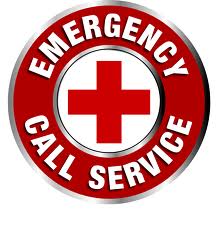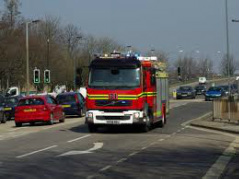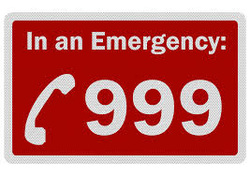 www.emergencycallservice.com
www.emergencycallservice.com Firefighters were asked to help find a mobile phone after its owner said it had fallen down the toilet. An au pair rang about getting help to close a window. A woman called about a squirrel in her kitchen and another rang after a bat flew into hers. A man wanted help changing a tire. Services have been called for a hamster bite, hangover help, no toilet paper, and a son's refusal to go to bed. The control room was also asked to send someone to retrieve a shoe stuck on a garage roof, and a woman called 999 when she feared a fox in her garden might bite her because it had an odd look on its face.

Isn't it amazing the way our society has developed? On other news items today, the lead female meerkat collects 'rent' from every other female in her group, and elephants understand human gestures even though they've never seen them before. Of course, we're 'civilized'. Nothing shows human beings caring side better than setting up a special service where anyone can call in a time of need. This special quality is often portrayed as something outstanding in science fiction stories like 'ET', with the poignant pointing at his heart and saying 'hurt'. Humans are outstanding; even we don't really know what beings from other planets might think of us.
 www.thebureauinvestigates.com
www.thebureauinvestigates.com Southern California Telephone Co. began using 116 as an emergency line for Los Angeles, California in 1946. The emergency number 999 was adopted in Winnipeg, Manitoba, Canada in 1959. The first 911 emergency phone systems went into use in Haleyville, Alabama in 1968.
In many countries, the public telephone network uses a single emergency telephone number, sometimes called the universal emergency telephone number or the emergency services number. The number to call for help differs from country to country, typically a three-digit number so that it can be easily remembered and dialed quickly.
Have you ever called the emergency number?

 RSS Feed
RSS Feed






